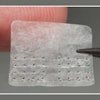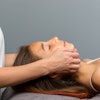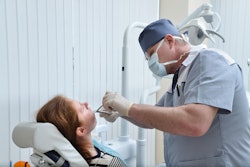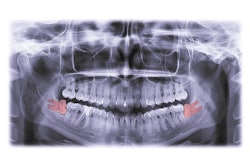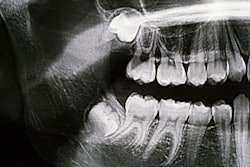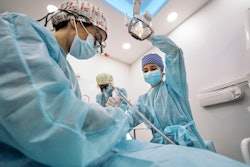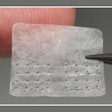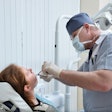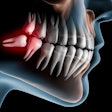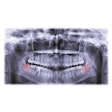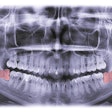Dentists probably shouldn’t prescribe prophylactic antibiotics to third-molar surgery patients since the overall rate of postoperative infections is low, according to a study published recently in Oral Surgery.
However, patient demographics and the dentist’s level of experience showed noteworthy links to prevalence rates, the authors wrote.
“Given the relatively low rates of post-operative infection, this study does not support the use of prophylactic antibiotics for this procedure,” wrote the authors, led by Riddhika Ram of Griffith University in Queensland, Australia (Oral Surg, June 2, 2025).
To measure the prevalence of postsurgical infection related to third-molar extractions and investigate risk factors, including the use of prophylactic antibiotics, case records of wisdom teeth surgeries for 1,551 patients were evaluated retrospectively. The data were analyzed using statistical analysis software. Furthermore, common risk factors for postoperative infections, like smoking, illicit drug use, and medical status, were considered, according to the study.
Of the enrolled patients who had third-molar surgeries over a five-year period, 16 experienced a postoperative infection complication. Overall, the prevalence rate of postsurgical infections was about 1%. Meanwhile, the prevalence of antibiotic use was nearly 3%, the authors wrote.
There were noticeable associations between patient demographics and the experience level of clinicians who performed the procedure and prevalence rates. Smoking, illicit drug use, degree of tooth impaction, and the use of prophylactic antibiotics revealed no link to the prevalence of postsurgical infection, they wrote.
However, the study had limitations, including the possible underreporting of postoperative infections that may develop after the two-week follow-up appointment, they wrote.
“Given the low prevalence rate, the routine use of prophylactic antibiotics for preventing post-operative infections after third molar surgery is not supported,” Ram and colleagues wrote.


